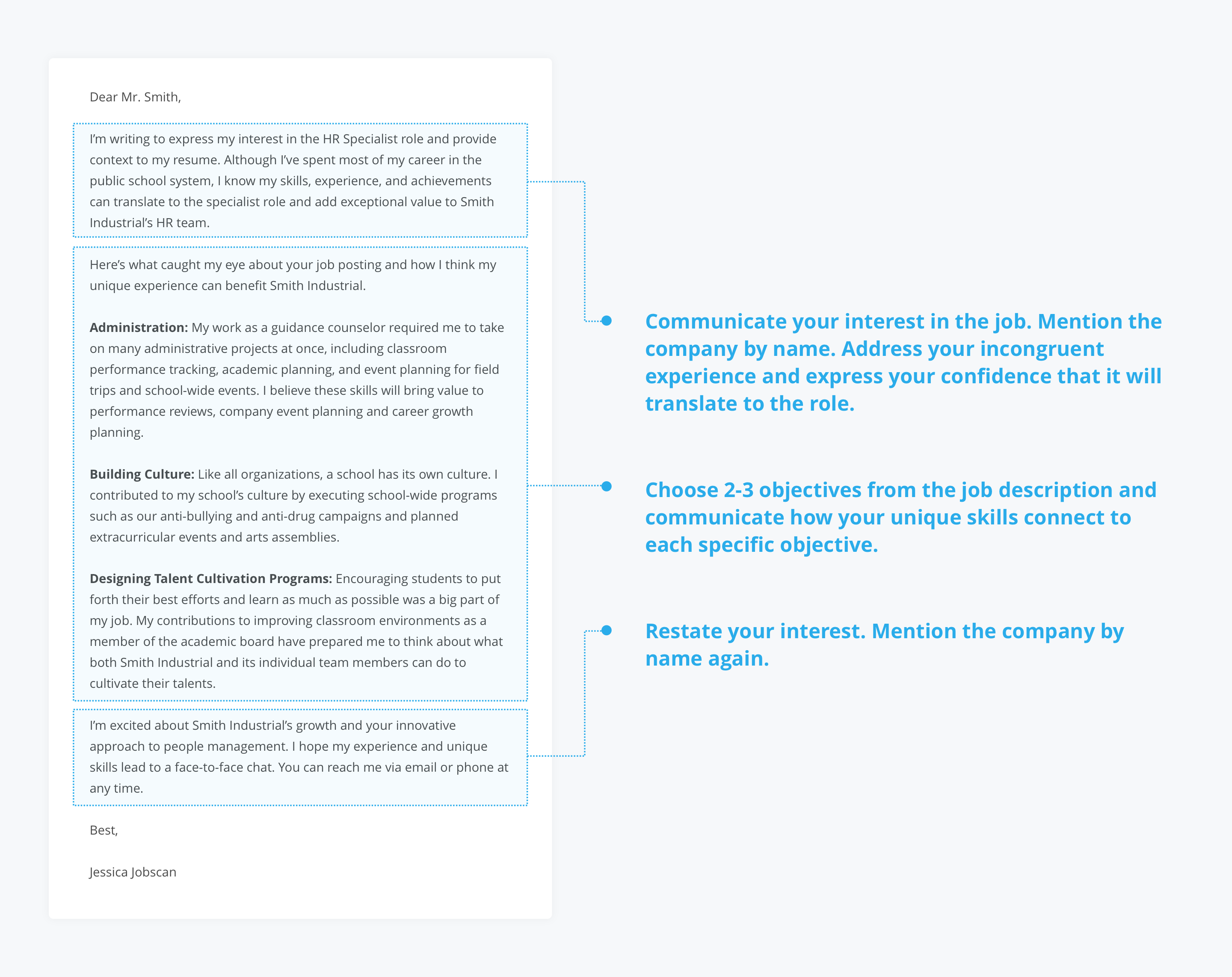
Every employee in a small business has a specific role. This means that there are more opportunities for you to learn different skills and develop them. You may be promoted as you gain more experience. You may find you are able to switch between various types of work. This flexibility can help you grow your career in a small business.
Opportunities for career growth in small firms
Many small companies face challenges in recruiting and retaining staff. According to the Bank of America's 2015 Small Business Owner Report (PDF), finding qualified candidates is one of the greatest challenges that small business owners face. A survey found that 59% small business owners have difficulty finding qualified candidates. These challenges can be addressed by small business owners who invest in their employees' development and skills. Career development strategies require time and resources. A skills assessment is a good place to start. Plan should not only include assessing employees' skill sets, but also reviewing training opportunities.
Sometimes, small businesses cannot compete against larger companies to hire good employees. This is a big problem for small companies as they don't have the resources to pay their employees more. Many employees, particularly Millenials prefer to work in larger companies that offer better benefits and more career opportunities.
Soft and hard skills needed
For small businesses to succeed, you need both hard and soft skills. Having good interpersonal skills, for example, is an important skill for employees. This skill not only helps with professional growth but also allows for better interpersonal relationships. It is important that people can manage their emotions, provide constructive feedback, and build relationships in the workplace.

There are many soft skills. But the most important skill is the ability to communicate with others. Effective communication skills are important for setting the tone for an office, and building relationships. A good oral communication skill can open doors for new opportunities and provide opportunities.
Organizational structure
Small companies often lack a formal organizational structure, which can make it difficult for people to advance. You can avoid problems by choosing an organizational structure that best suits your needs. One example is a CEO and CFO who might have a dedicated team to meet their needs. Meanwhile, a team dedicated to product development and marketing may sit in the middle. This decision depends on the company's scale. A smaller company may have fewer hierarchy layers, which means that there are more roles. This can create challenges but can also open up opportunities for rapid growth.
The organizational structure should also allow for flexibility to adapt to changes. Flexibility in an organizational structure gives employees the freedom to do what they want, while also allowing them to feel responsible. If a new employee joins a company with a flat structure, they might have more freedom to decide how to advance their career. This may be a good fit in a small company but might not work in a larger one.
Perks
Small companies can offer both benefits for the employee as well as the employer. Smaller businesses often have fewer employees. As such, employees are more likely participate in the decision-making process. This increased involvement also allows employees to show their dedication to the success of the business. A smaller company will offer better benefits and be able to take more responsibility.
Smaller businesses are more flexible and can offer career opportunities. They often provide more flexibility for project work and role advancement, enabling employees to experience different aspects of the business. Smaller companies often have less rigidity regarding job titles or policies. Mentoring programs generally have a greater scope.

Promoting from within
It can be difficult for smaller companies to find career opportunities because there isn't a set of career paths. Instead, you might be expected not only to help determine the organization's goals but also to identify potential areas for improvement and provide solutions. In this instance, you might be better off looking beyond your area of expertise and trying to move up.
In a small company, you're more likely to see your potential employer as a partner or a mentor, and this kind of mentoring process helps employees grow in their careers. Employers in small businesses are often looking for employees who have a passion for the company's success. This can make it a great opportunity to promote from within.